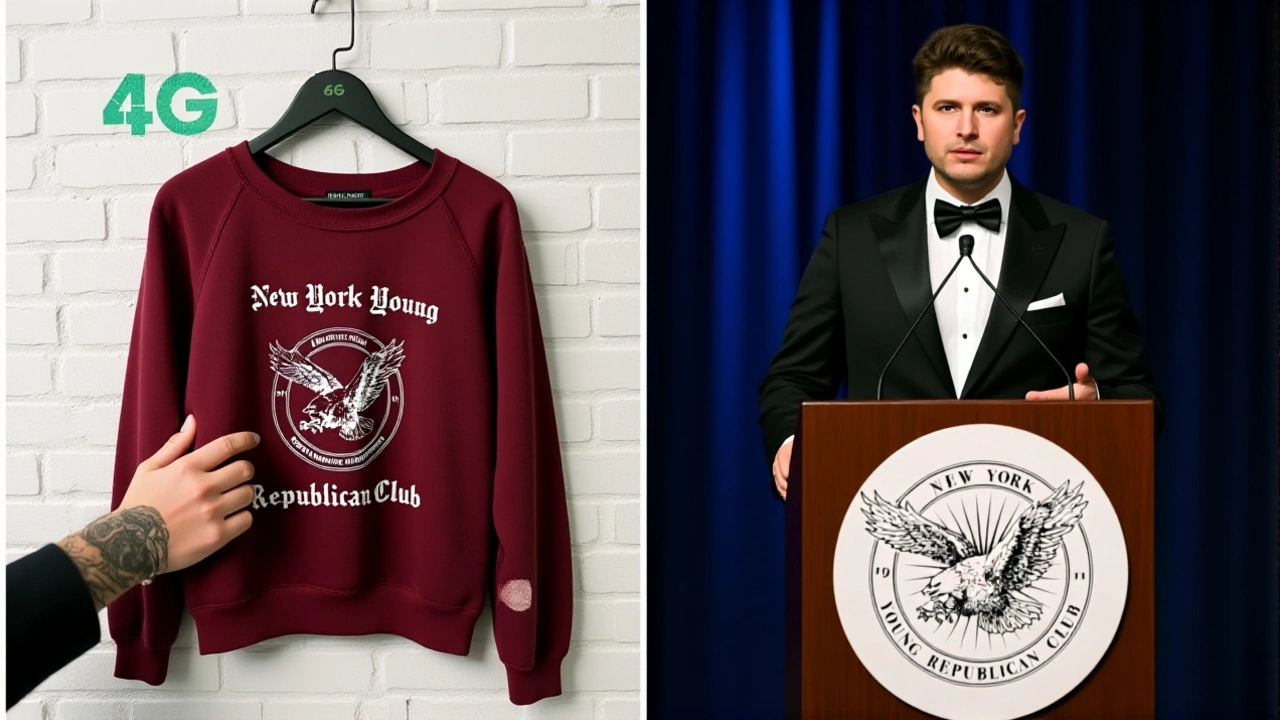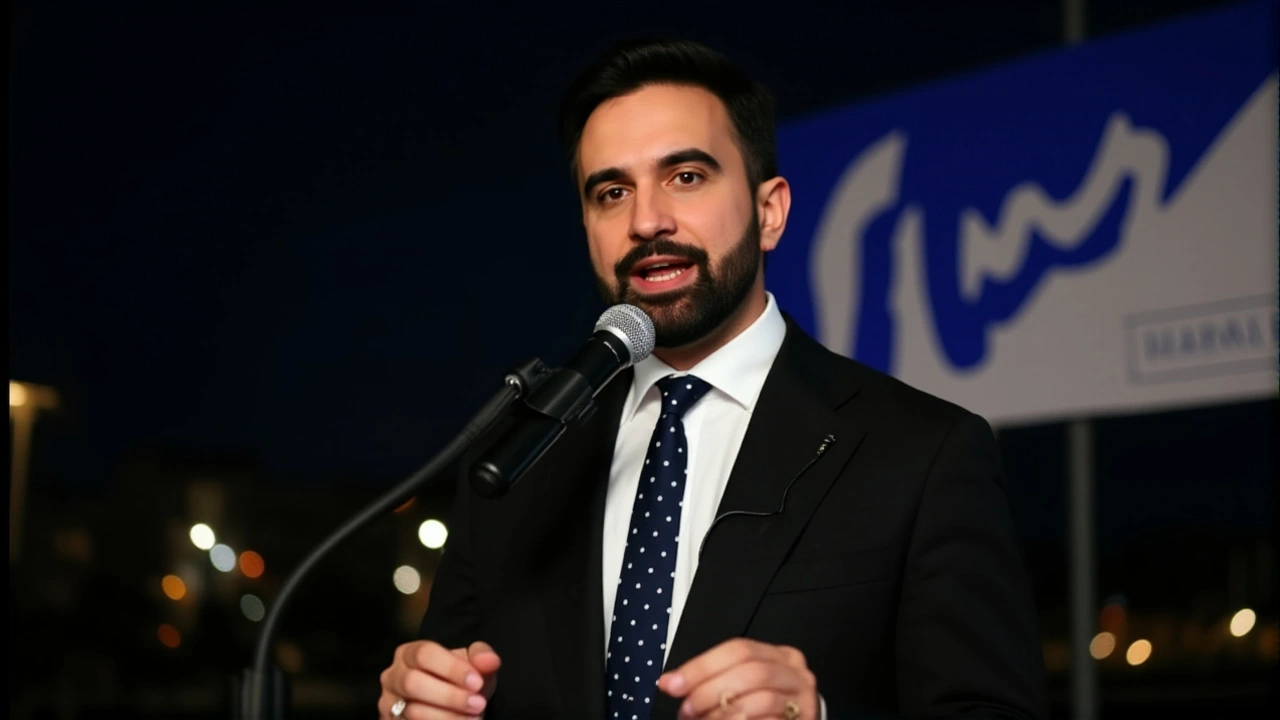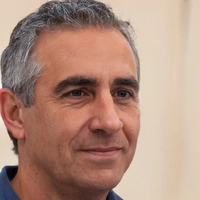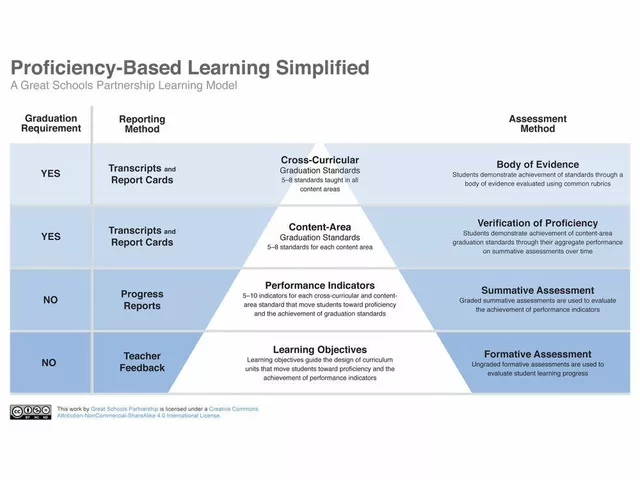When Zohran Kwame Mamdani, New York State Assemblymember for District 36 declared victory in the June 24, 2025 Democratic mayoral primary, a storm of backlash erupted from the right. The very next day, the New York Young Republican Club issued a formal demand that former President Donald John Trump move to revoke Mamdani’s U.S. citizenship and deport him. The call, signed by club president Matthew R. Forget, cited Mamdani’s self‑identification as a democratic socialist and his pledge to "stop masked ICE agents" as justification. The episode has sparked a legal and political flashpoint that could echo well beyond New York’s mayoral race.
Background: Mamdani’s Rise and the 2025 Mayoral Primary
Born in Kampala, Uganda, Mamdani arrived in the United States at age seven and became a naturalized citizen on March 15, 2018, after a standard five‑year residency period. He earned a seat in the New York State Assembly in 2022 and cultivated a reputation as a progressive champion of rent control, universal healthcare, and the abolition of immigration detention facilities.
The June 24 Democratic primary was a three‑way contest: Mamdani faced former Governor Andrew Mark Cuomo and incumbent Mayor Eric Leroy Adams. After a close count, the New York City Board of Elections posted provisional results showing Mamdani ahead by 2,734 votes. Former Governor Cuomo conceded late Tuesday night, prompting Mamdani to deliver a rousing victory speech near Queens Community College, where he promised to "stop masked ICE agents from deporting our neighbors."
The Republican Counteroffensive
Within 24 hours, the Young Republican Club released a 1‑page statement on X – the platform formerly known as Twitter – at 4:17 p.m. EDT on June 26, demanding "immediate action from the Trump administration to investigate the fraudulent nature of Mamdani's citizenship application." The club’s president, the 29‑year‑old Matthew Forget, warned that Mamdani’s policy platform "poses a clear threat to national security" because of his socialist rhetoric.
On June 25, Trump, standing outside the newly built Alligator Alcatraz detention facility in the Everglades, Florida, responded to reporters, "Well then, we’ll have to arrest him… Look, we don’t need a communist in this country, but if we have one, I’m going to be watching over him very carefully on behalf of the nation." He added, without presenting evidence, that "a lot of people are saying he’s here illegally." The comment injected a volatile mix of immigration rhetoric and personal attack into an already heated campaign.
Even before Trump’s remarks, Rep. Andy Ogles of Tennessee’s 5th District filed a letter with the Department of Justice on July 3, urging denaturalization proceedings against Mamdani on grounds of "supporting terrorism." The Indian Express reported that Ogles’ request included no substantive evidence, merely echoing the partisan chorus that has formed around the candidate.

Legal Experts Weigh In
Constitutional scholars quickly cautioned that the Trump administration’s threat runs into clear statutory limits. Professor Elizabeth Price Foley of Florida International University College of Law told The Indian Express that citizenship can be revoked only if fraud or concealment is proven during the naturalization process. "The burden of proof is on the government, and historically the success rate is well under one percent in cases without compelling evidence," Foley said.
Foley estimated the likelihood of a successful denaturalization in Mamdani’s case at "less than 0.5 percent" given his documented immigration history — a timeline that includes a lawful entry, a Green Card obtained in 2012, and a naturalization interview in early 2018 with no red flags reported.
Other legal analysts, such as Samuel J. Pospisil, a former assistant U.S. attorney, added that any attempt to strip Mamdani’s citizenship would almost certainly be challenged in federal court, where precedent demands "clear and convincing evidence" of fraud.
Political Fallout and Campaign Dynamics
The denaturalization chatter has already reshaped the mayoral race narrative. Curtis Sliwa, the Republican nominee and founder of the Guardian Angels, has seized on the controversy, saying in a July 10 rally, "We cannot entrust the city to someone whose loyalty is in question." Meanwhile, independent candidate Eric Adams has framed the issue as a "political witch hunt" and vowed to defend the rights of all naturalized citizens.
Polls taken by Quinnipiac University on July 12 show Mamdani’s support slipping from 38 % to 32 % among likely voters, while Sliwa’s share rose to 29 %. Analysts attribute the dip largely to the media frenzy rather than any shift in policy preferences.
On the Democratic side, the party establishment remains divided. While progressive groups applaud Mamdani’s bold stance on housing and immigration, centrist leaders worry that the Republican attacks could depress turnout in key swing districts.

What’s Next? Legal, Electoral, and Institutional Implications
Legally, the Department of Justice has not confirmed receipt of either Forget’s or Ogles’ letters. If the DOJ were to open a denaturalization proceeding, the process could take months — or even years — to reach a conclusion, effectively dragging the issue through the November election.
Electorally, the New York City Board of Elections is slated to certify the primary results by July 15. ABC News has indicated that, barring a major reversal, the certification will stand, meaning Mamdani will appear on the November ballot.
Institutionally, the episode raises questions about the politicization of immigration enforcement. The “Alligator Alcatraz” facility, opened in 2024, has already become a symbol of the Trump administration’s hard‑line stance. Its mention in the Mamdani saga underscores how infrastructure can be weaponized in political rhetoric.
Ultimately, the coming weeks will test whether Republican calls for denaturalization remain rhetorical posturing or evolve into actionable legal battles. For New Yorkers, the outcome could shape the city’s leadership and its broader conversation about who gets to call the United States home.
Frequently Asked Questions
How could revoking Mamdani’s citizenship affect the November mayoral election?
If a denaturalization case were opened and led to a removal order before November, Mamdani would become ineligible to appear on the ballot, potentially handing the race to Republican Curtis Sliwa or independent Eric Adams. However, such proceedings usually take months, making an immediate impact unlikely.
What legal standards govern citizenship revocation in the United States?
U.S. law permits denaturalization only when the government proves that the naturalization was obtained fraudulently or through concealment of material facts. Courts require "clear and convincing" evidence, and successful cases are exceedingly rare—typically less than one percent.
Why did the New York Young Republican Club target Mamdani specifically?
Club president Matthew Forget cited Mamdani’s self‑identification as a democratic socialist and his policy proposals—like universal rent control and ending immigration detention—as evidence, in his view, of a threat to national security and American values.
What precedent exists for politicians being denaturalized?
The most notable case involved former Congressman Duncan D. Hunter, whose citizenship was never revoked despite a criminal conviction, reflecting the high evidentiary bar for such actions. No recent mayoral candidate has faced successful denaturalization.
How have other political figures responded to the denaturalization calls?
Mayor Eric Adams denounced the attempts as "political intimidation," while progressive groups rallied behind Mamdani, framing the issue as an attack on immigrant rights. Republican leaders, aside from Ogles, have largely stayed silent, letting the Young Republican Club carry the party’s official line.






